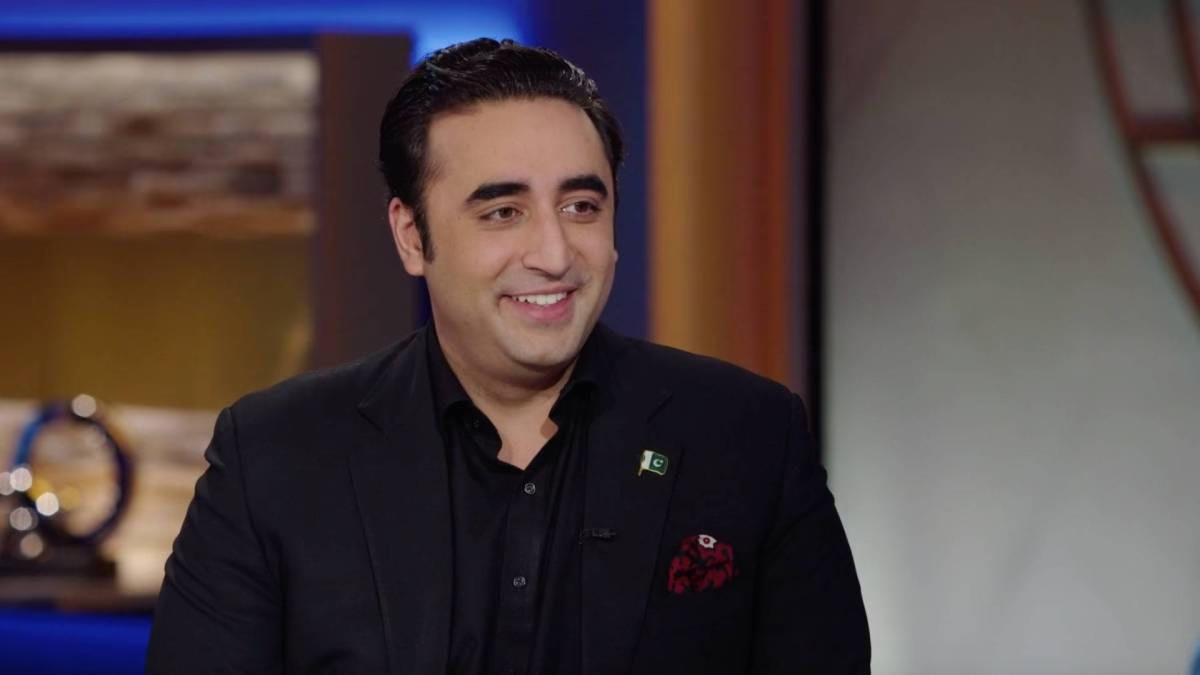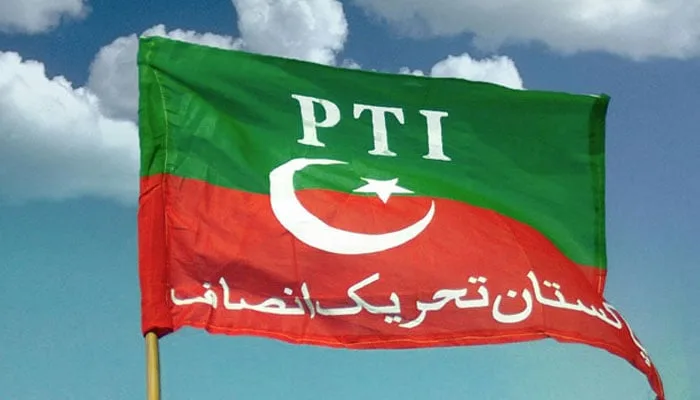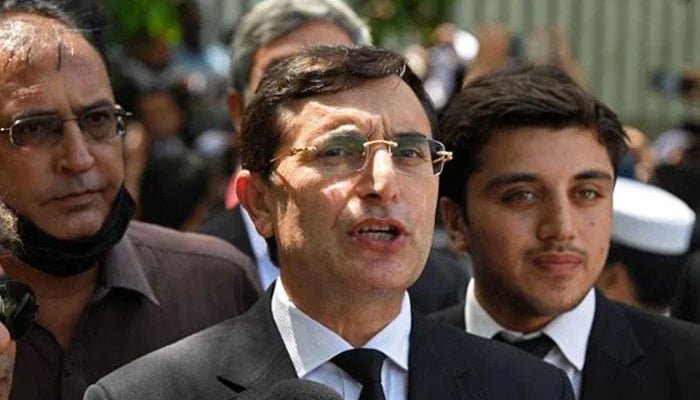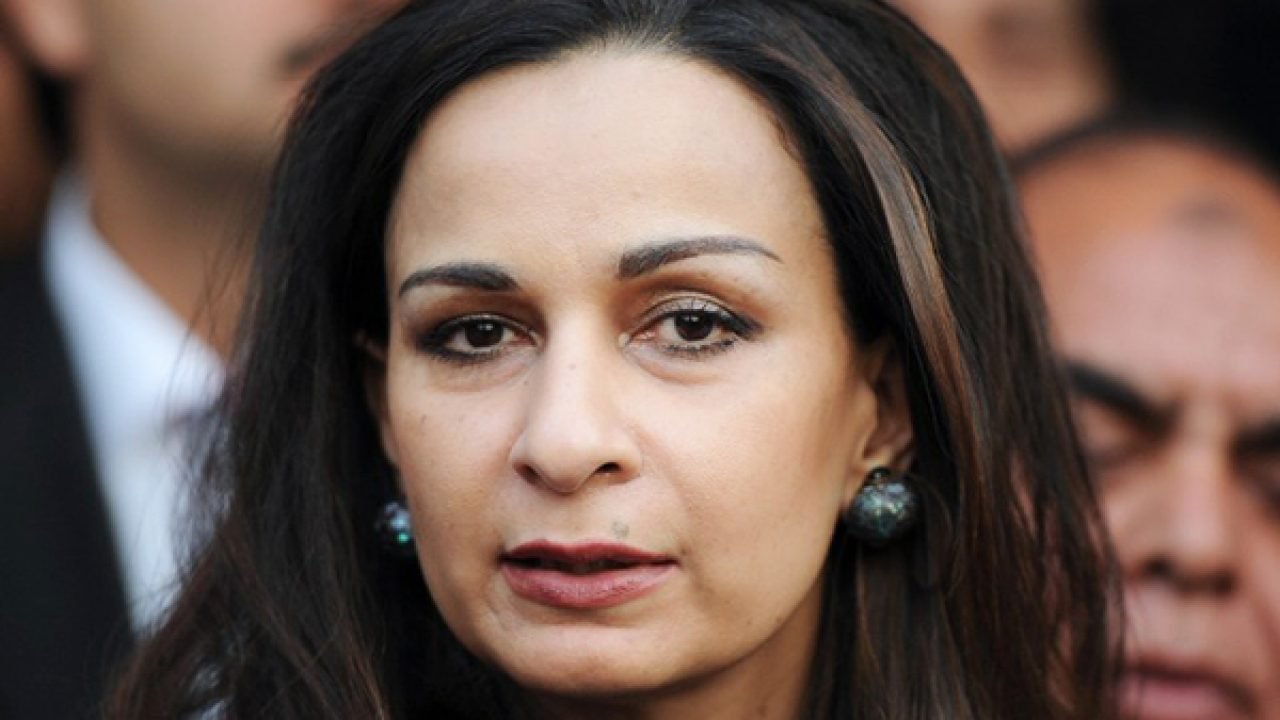Pakistan Peoples Party (PPP) Chairman Bilawal Bhutto Zardari announced on Thursday that his party will support the federal budget, saying the government had accepted all of the PPP’s major demands during negotiations.
Speaking during a session of the National Assembly, Bilawal expressed satisfaction with the budget discussions and appreciated Prime Minister Shehbaz Sharif and Finance Minister Muhammad Aurangzeb for accommodating the PPP’s proposals.
“We are happy to support this budget because our demands have been accepted,” he said, highlighting that the party’s priorities had been reflected in the final document.
One of the most notable wins for the PPP was a 20% increase in funding for the Benazir Income Support Programme (BISP), which was originally launched during the party’s previous tenure.
“The BISP allocation was reduced during the PTI government, but we pushed for it to be restored and enhanced to support the most vulnerable,” Bilawal noted.
Another concession involved a 50% reduction in tax on solar panels—a move the PPP had strongly advocated to promote affordable renewable energy for households and small businesses.
“All our demands related to solar were accepted, which is a positive development,” he added.
Bilawal also raised concerns about the powers granted to the Federal Board of Revenue (FBR), particularly its authority to arrest individuals over tax matters. He said the government had agreed to make such arrests bailable, addressing concerns about potential misuse of this authority.
“We opposed the FBR’s arrest powers, and thankfully, the government listened and agreed with our objection,” he explained.
The PPP also pushed for tax relief for the salaried class, and Bilawal confirmed that those recommendations had been incorporated into the final budget as well.
“This is a budget that reflects our input,” he said. “Our support shows that we’re committed to cooperation and stability in the interest of the people and the economy.”
PPP’s backing of the budget comes at a crucial time for the ruling coalition, which has faced public and political criticism over tough economic reforms and tax measures, many of which are linked to IMF requirements.
Earlier in the week, Sindh Chief Minister Murad Ali Shah also underscored PPP’s development priorities, pointing out that Sindh’s development budget was significantly higher than that of other provinces—signalling the party’s dual focus on both federal and provincial progress.



